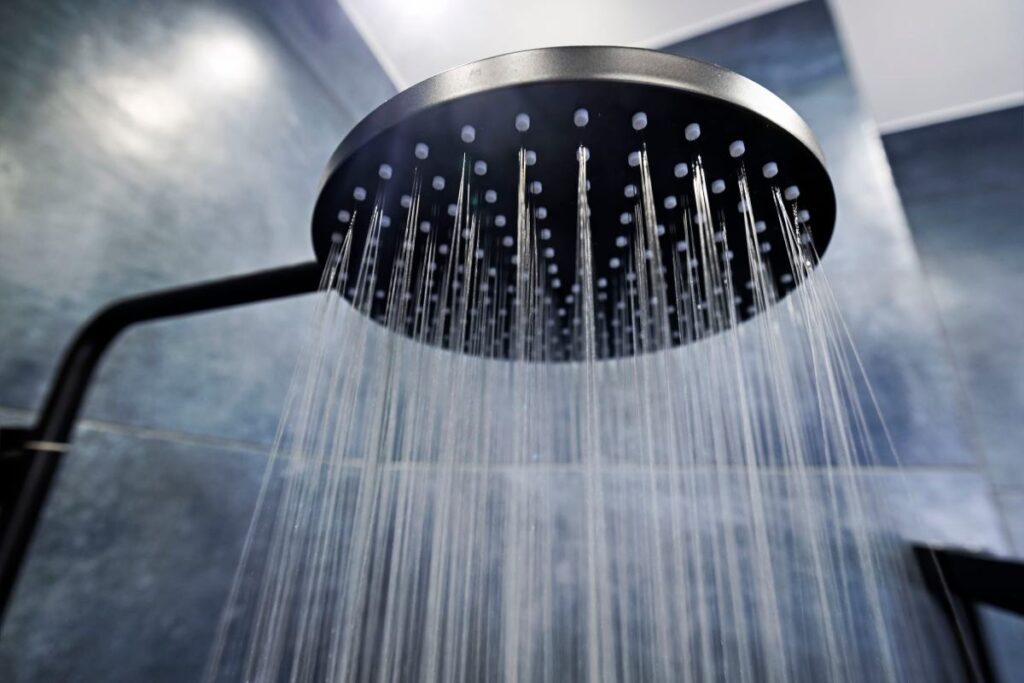Cold showers are a frustrating experience for many, often caused by overuse of hot water or an inefficient heating system. Michael Rigney, founder of Cala Systems, aims to solve this issue by revolutionizing how water heaters work. Instead of relying on outdated technology, Rigney’s company has developed a smart, AI-powered heat pump water heater that can predict when hot water demand will surge, ensuring a constant supply without relying on expensive alternatives like on-demand water heaters.
The Problem with Traditional Water Heaters
Traditional water heaters, whether powered by gas or electricity, have remained largely unchanged for decades. While they are inexpensive to purchase, they are not energy-efficient and can lead to rising utility bills. These heaters typically have three main components: an insulated tank, a heating element, and a thermostat. The thermostat controls the temperature, turning the heater on when the water cools down. However, this basic system doesn’t account for varying water demand throughout the day.
Cala Systems’ Smart Solution
Cala’s heat pump water heater aims to transform the market by integrating an AI-powered management system that forecasts when hot water is likely to be needed and adjusts heating times accordingly. The system analyzes a range of data, such as weather forecasts, time-of-use electricity pricing, and the household’s specific water usage patterns. This allows the water heater to preemptively heat water in the most efficient way, reducing energy waste and ensuring there’s always hot water when needed.
For example, if the weather forecast predicts sunny days ahead, Cala’s system could use energy from the household’s solar panels to heat the water during the day. This stored energy can then be used when demand spikes, such as in the evening when everyone takes showers. The heater can even adjust its heating speed to increase efficiency; slowing down the compressor, for example, improves heat exchange by up to 30%.
The Benefits of Heat Pump Technology
Heat pump water heaters are already more energy-efficient than traditional models, using less energy to produce the same amount of hot water. While they make up only a small portion of the market today, their popularity is rising, partially due to incentives from the Inflation Reduction Act. Heat pump water heaters are not only cheaper to run but also have a lower carbon footprint, helping to reduce reliance on fossil fuels like natural gas.
A Premium, Yet Efficient Option
Cala’s first product, a 65-gallon heat pump water heater, will be priced at $2,850, which is about $800 more than traditional models. However, Rigney notes that the long-term savings on energy bills will make up for the initial investment. The system’s advanced AI and heat pump technology can lower energy consumption, reducing household utility costs over time.
Looking Ahead
To support the launch of their innovative water heater, Cala Systems has raised a $5.6 million seed round from investors like the Clean Energy Venture Group and the Massachusetts Clean Energy Center. Despite the relatively small presence of heat pump water heaters in the market, Rigney believes that Cala has a unique opportunity to lead the charge in redefining how people use and think about water heaters.
Cala’s water heater will be available for pre-order with delivery expected sometime in 2025. By offering a more energy-efficient and intelligent alternative, Cala hopes to make cold showers a thing of the past while contributing to a more sustainable energy future.




